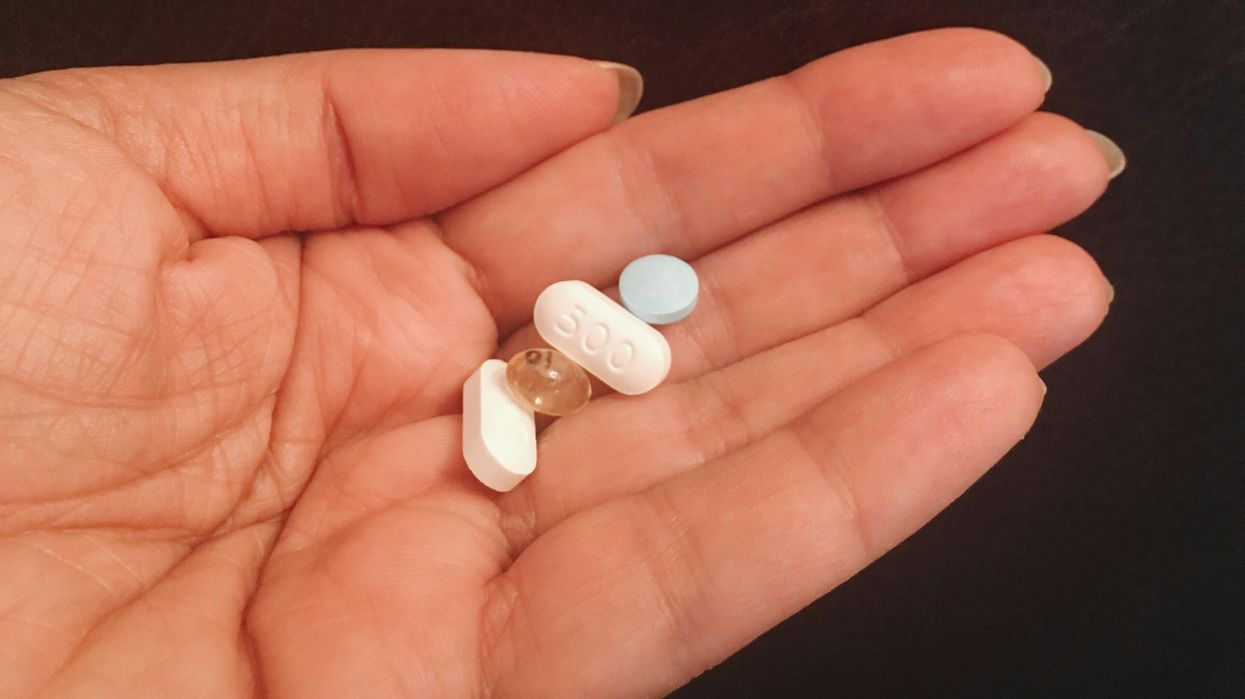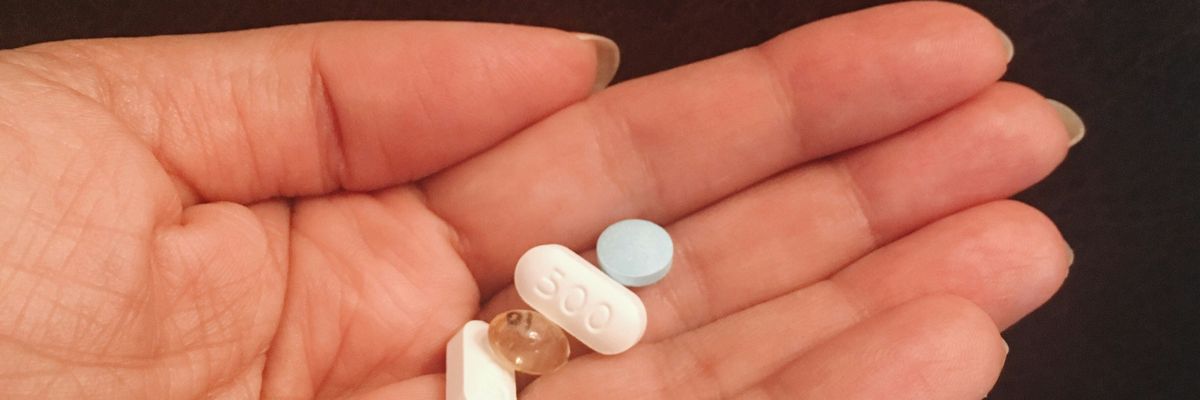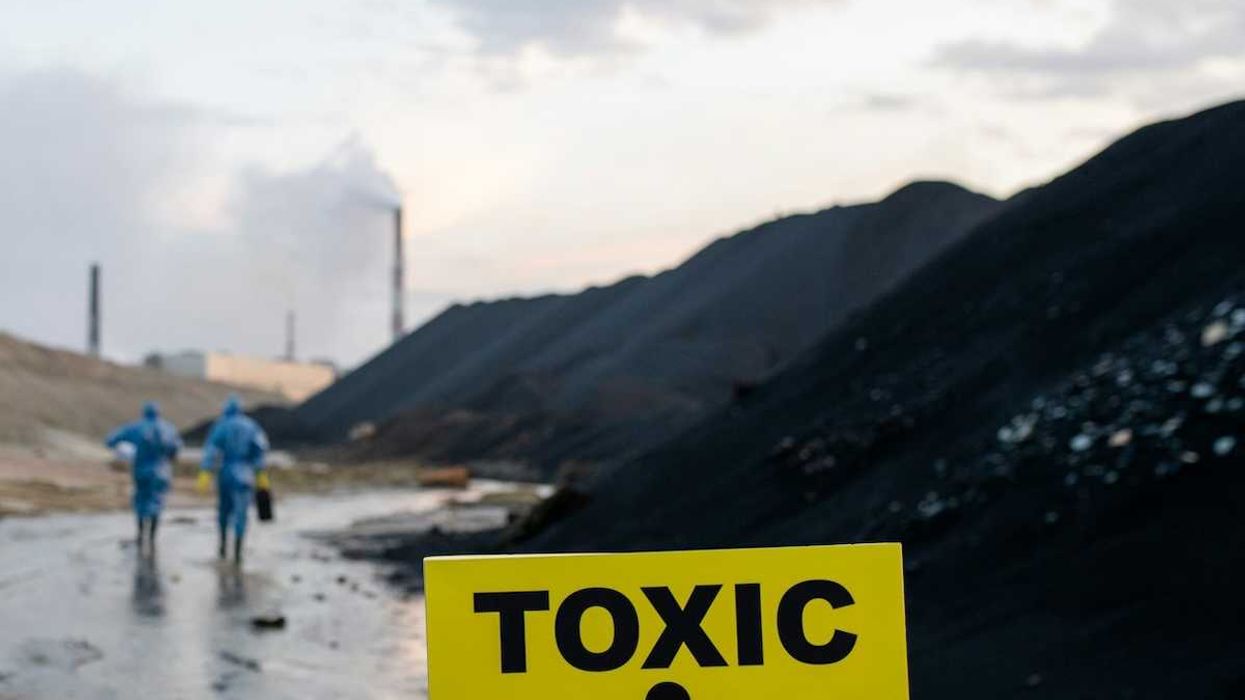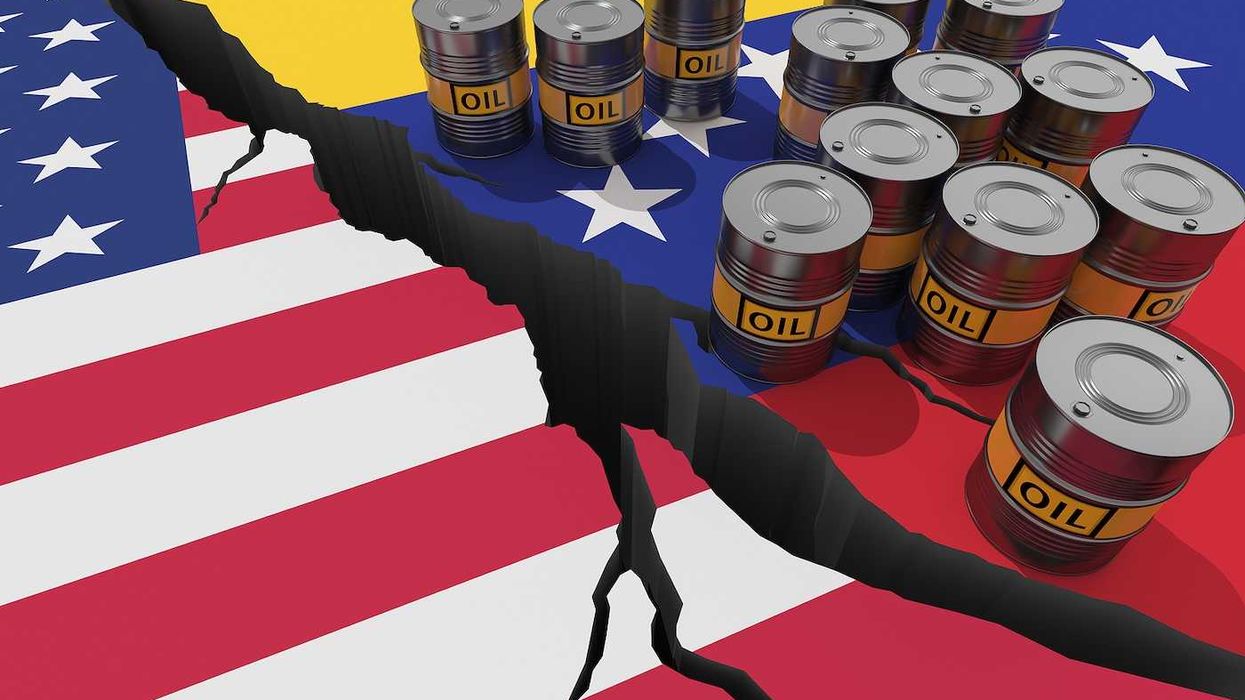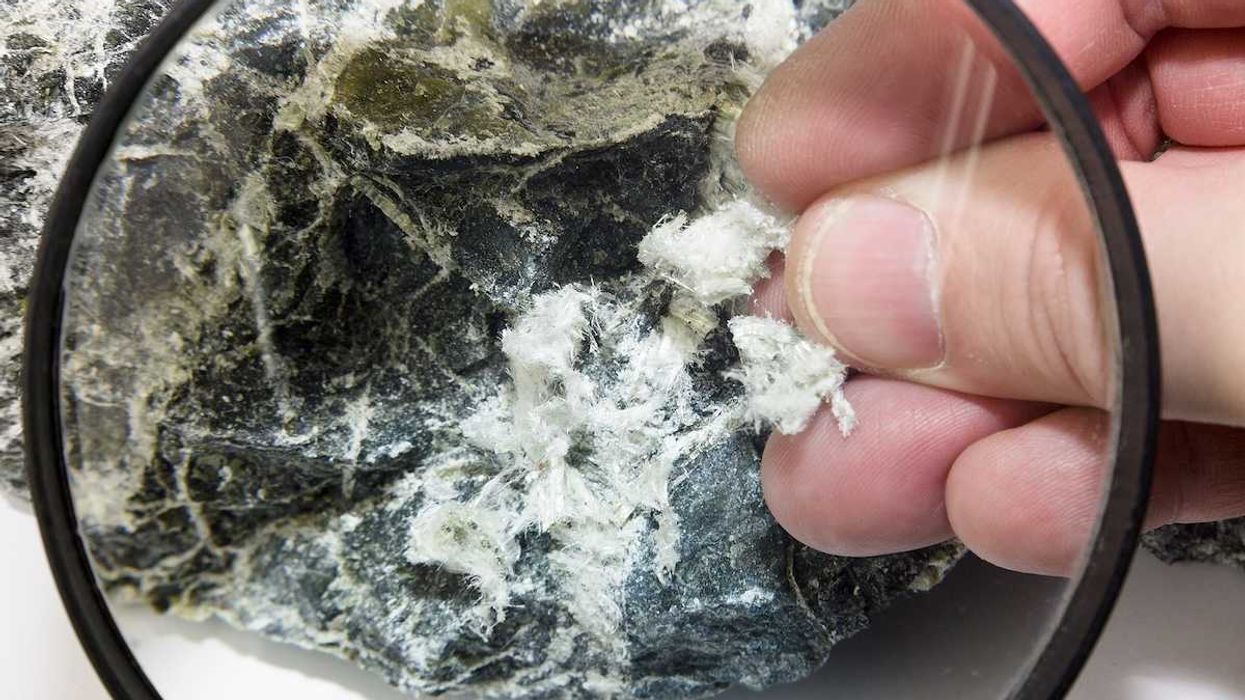A recent study published in Environmental Research tested pregnancy supplements - including 165 prenatal vitamins and 19 folic acid supplements - for lead, cadmium and phthalate chemicals.
In short:
- Of the over-the-counter prenatal vitamins tested, 73% contained cadmium and 83% contained lead, with 15% exceeding California’s threshold for daily lead consumption.
- DEHP, a type of phthalate associated with increased risk of cancer, was found in 25% of over-the-counter vitamins.
- Contamination levels were also high in prescription prenatal supplements, but lower in folic acid supplements.
Key quote:
“Clear and enforceable regulations regarding frequent testing and restriction of lead and cadmium contamination in prenatal vitamins are needed.”
Why this matters:
Prenatal vitamins play an important role in a healthy pregnancy by helping meet the increased need for essential nutrients that protect fetal development. Exposure to heavy metals and endocrine disrupting chemicals have been shown to result in pregnancy complications and harm to babies’ neurodevelopment, growth, and cognitive, metabolic and reproductive health. Despite this heightened risk, there are no existing limits on the amount of heavy metals allowed in prenatal vitamins in the U.S.
Related EHN coverage:
- Infants are exposed to higher levels of parabens via lotions, study finds
- PFAS exposure linked to changes in children’s brain matter
More resources:
Gardener, Hannah et al. for Environmental Research vol. 274. June 1, 2025
- Online misinformation fuels a fight over folic acid ›
- After children began getting sick by the dozens, parents took a hard look at their town’s toxic legacy ›
- Poisoned by their homes: How the US is failing children exposed to lead ›
- Pregnant moms who breathe dirty air have children with lower IQs, study finds ›

